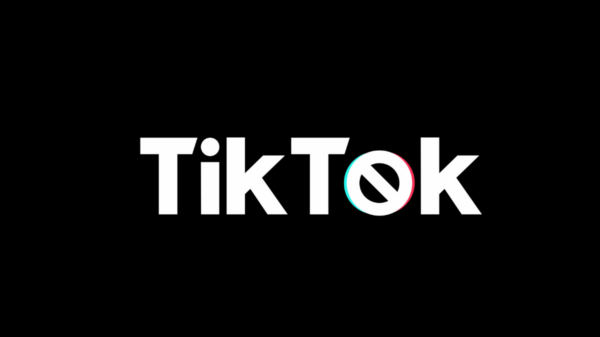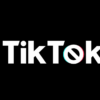Dallas County and North Texas families are being urged to consider the risks of accidental THC* exposure and support teens who may be experimenting with THC-containing products.
Dallas, TX – 10/01/2024 – 8:15 a.m. CST – 6th Floor, Ceremonial Conference Room 500 Elm Street, Dallas, Texas 75202
Dallas County Commissioner John Wiley Price and behavioral health professionals will hold a press conference to make citizens in Dallas County and the surrounding area aware of the dangers of accidental THC poisoning in adolescents and teens and the devastating effects they can have on their health and future abilities.
Cannabis use in youth remains a national public health concern, with greater than 30% of high school seniors reporting past year use and greater than 6% reporting daily use in the past 30 days, 1). Some youth are experimenting with THC products, while others are increasingly exposed due to accidental poisoning. In Texas, rates of THC-related poisonings among children and youth are on the rise: 9,344 total cases have been reported since 2019, with the highest number of accidental poisonings occurring among children ages 0-5 (2).
https://www.cdc.gov/cannabis/health-effects/cannabis-and-teens.html
“Texas has seen a dramatic increase in THC-related poison center calls, emergency room visits, and hospital stays,” said Dr. Robert Emmick, emergency room physician, at a recent Senate hearing. Medical experts report that children and toddlers are more likely to present to the emergency room due to accidental ingestion of an adult’s consumable THC products. Youth may also seek emergency room treatment for acute psychosis, paranoia, or severe vomiting following cannabis use or exposure.
The longer-term effects of cannabis use can be life-altering. According to the Centers for Disease Control and Prevention, people who begin using cannabis in their teens are more likely to have lasting brain developmental effects and a higher potential for addiction to cannabis. Because some cannabis products are sold in convenience stores as candies or gummies, parents and guardians are strongly encouraged to talk with their children about the risks of cannabis and seek support when needed. Adults should also be sure to lock away all THC-containing products from possible child/toddler access in the home.
“For youth who are actively using cannabis, despite these safety measures, support is available through pediatrician offices and local community mental health centers. Counseling and intensive outpatient treatment may be beneficial”, said Dr. Morgan Medlock, Addiction Psychiatrist and Chief Medical Officer at Southern Area Behavioral Healthcare Services in Dallas, TX.
Families may dial 211, 988, or the North Texas Behavioral Health Authority 24/7 crisis line (866) 260-8000) to access resources.
*Note: THC refers to delta-9 tetrahydrocannabinol, the main component responsible for the cannabis plant’s intoxicating effects.
(1) https://www.cdc.gov/cannabis/health-effects/cannabis-and-teens.html
(2) Texas Poison Center Network; Texas Senate Committee on State Affairs Interim Hearing on Delta-8 and Delta-9 Consumable Hemp May 29, 2024









You must be logged in to post a comment Login